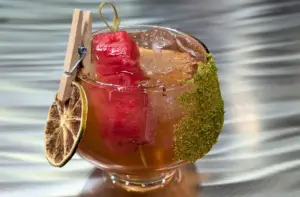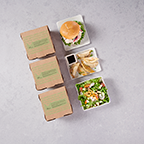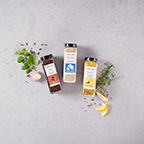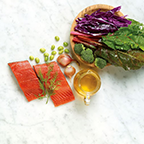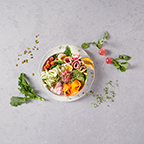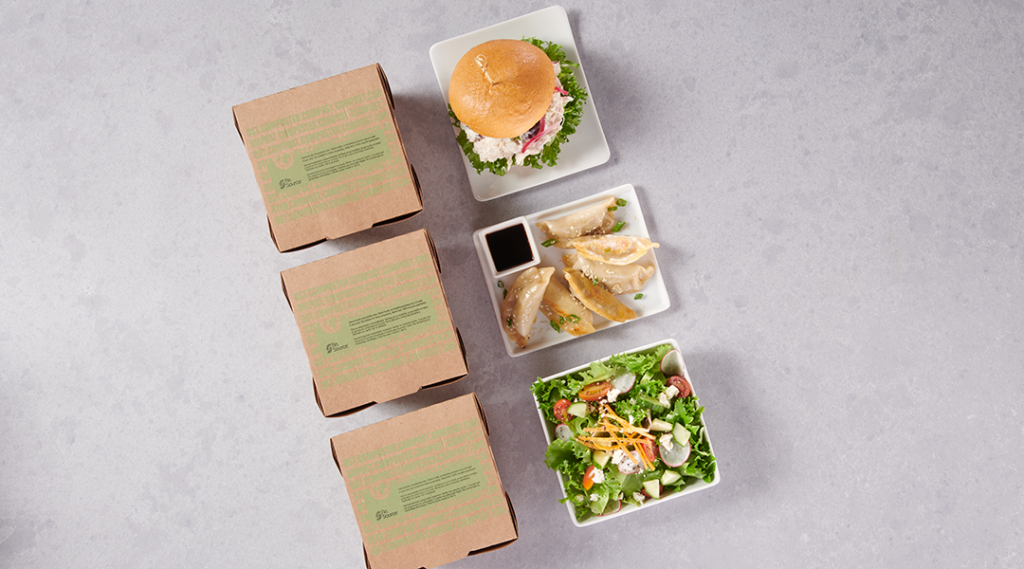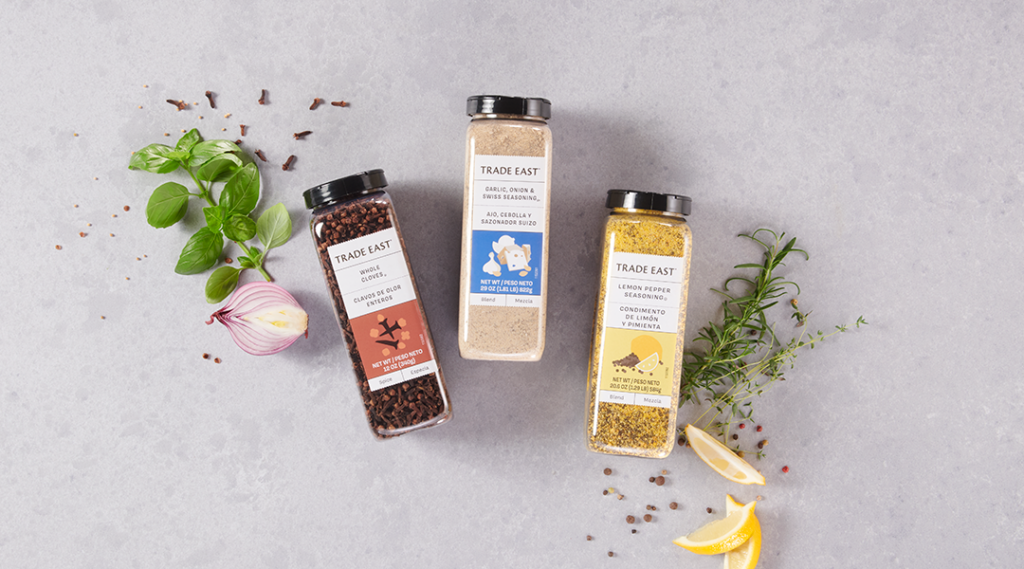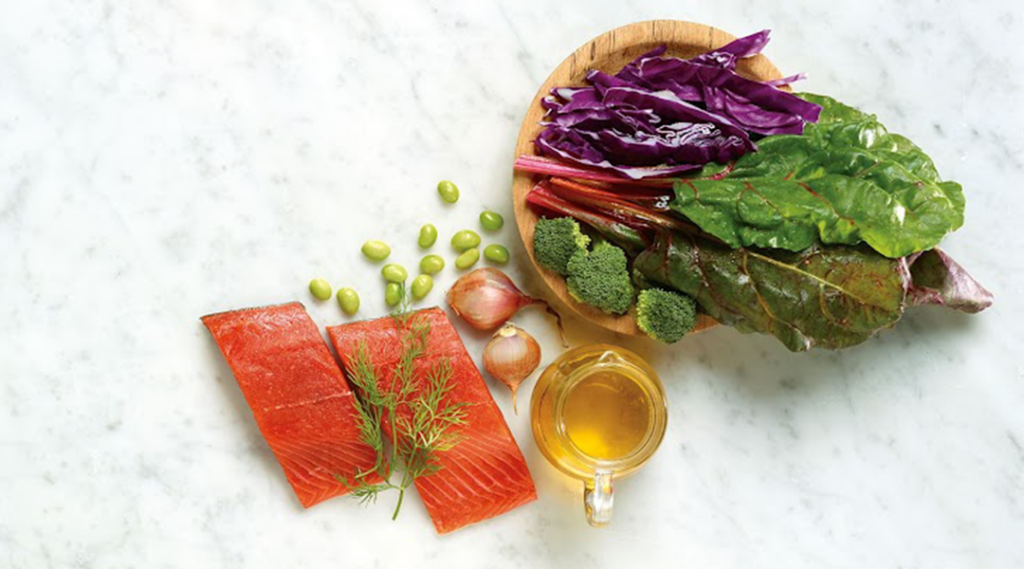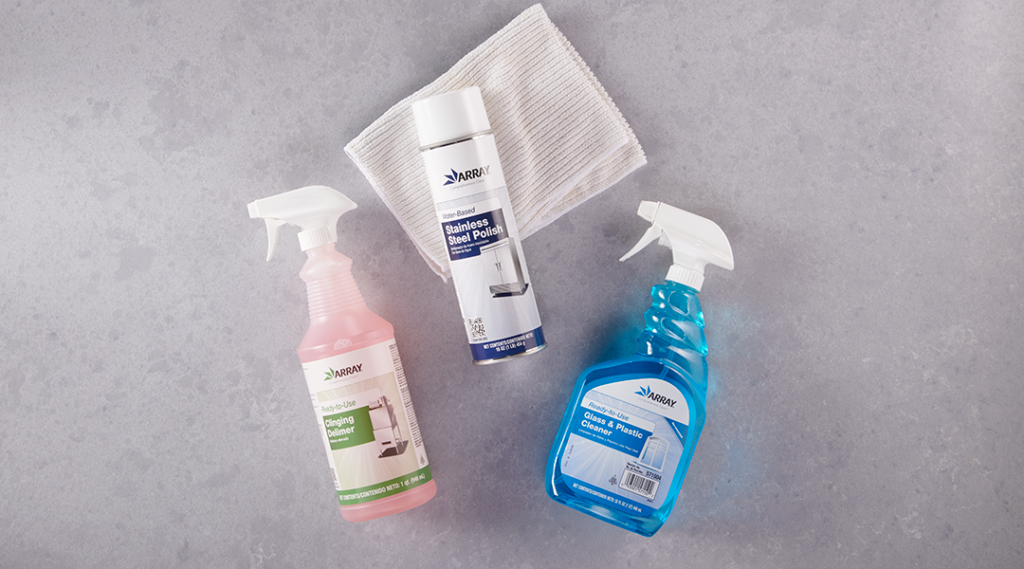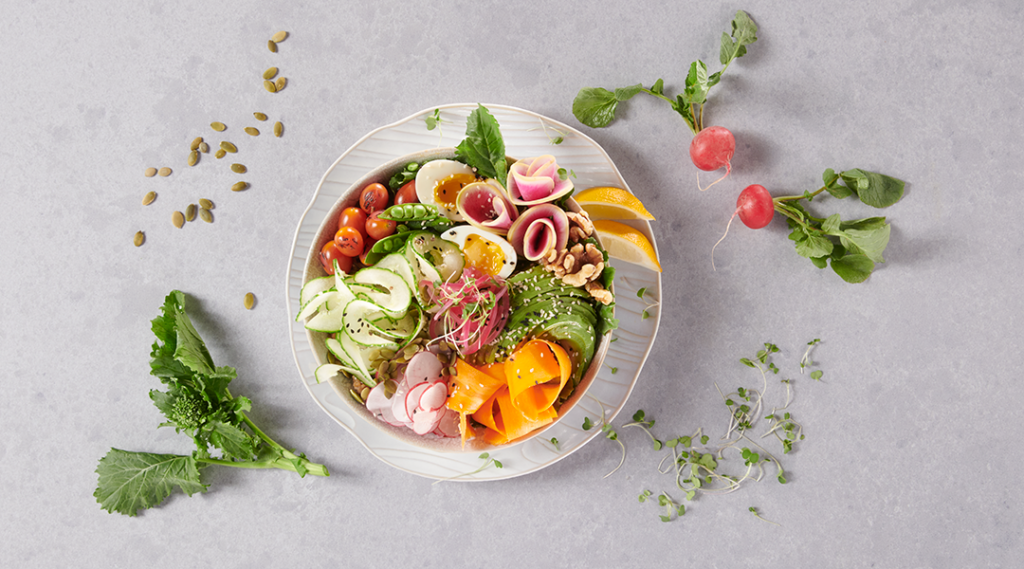Now that legislation has kicked in prohibiting single-use plastics in Canada, is this the last straw for plastic straws?
The short answer… yes. In fact, depending on the type of material used, it’s the last straw for certain utensils, cups, bowls, takeout containers, bags and more.
It’s part of an attempt to stem pollution and eliminate plastic waste in Canada by 2030. The foodservice industry is especially affected, and you should be aware of what these changes mean for your business, including alternative materials you can use instead of single-use plastics.
The law has been rolling out in stages, with the full set of regulations taking effect on Dec. 20, 2023. Knowing this, some provinces and municipalities launched limits ahead of schedule. Federal law now extends the single-use plastics ban nationwide, meaning parts of Canada with no previous limits are now covered. At a minimum, the federal government can fine businesses using forbidden products $400 to $2,000 for a first violation and $500 to $4,000 for continued violations.

Why is a Single-Use Plastic Ban necessary?
For newcomers, the rules may be confusing. Yes, most of the plastic products you’ve been using have a numeral and a triangular recycling logo. So why is there a new law?
Even though products are marked as recyclable, compostable or biodegradable, they must be processed at a facility designed to handle them. Right now, there are only 328 such facilities nationwide, which means many products end up in landfills or, worse, pollute the environment for years.
Avoiding the hefty fines for infractions is critical. It requires awareness about which products are off-limits. You’ll also want to know the best materials available to continue operating practically and profitably. That’s where your Gordon Food Service team can help
“When there is such a push for environmentally friendly products in foodservice, it is great to have products that make it easy for end users to dispose of the product appropriately and join in on the process,” said Andrew Kiel, a North American Non-Foods Category Specialist at Gordon Food Service.
Which Single-Use Plastics Are Affected?
The federal law enacted in late December 2023 targets a handful of plastics used across many parts of the foodservice business, particularly quick-serve and take-home foods. The federal laws cover everyone, and some provinces and municipalities have additional rules and exceptions.
Check with your local or provincial government offices to avoid a mistake regarding single-use plastics not covered by the new federal law. Here are areas of your business and types of plastic banned under federal law:
1. Plastic Cutlery and Utensils. Items that cannot go through the dish machine 100 or more times without losing shape are prohibited. Included are forks, spoons, knives, chopsticks, etc. made using these materials:
- Polystyrene
- Polyethylene
- Polypropylene
- Polyvinyl Chloride
- Oxo degradable plastics
- Carbon black plastics
2. Foodservice Wares. These include clamshell takeout containers, plastic-coated leak-resistant boxes, cups, bowls, plates, etc. made with these materials:
- Polystyrene foam (Styrofoam)
- Polyvinyl Chloride
- Oxo degradable plastics
- Carbon black plastics
3. Single-Use Plastic Bags. Canada now prohibits takeout bags using these materials:
- Polyethylene
- Polypropylene
- Polyvinyl Chloride
- Oxo degradable plastics
- Carbon black plastics
4. Ring Carriers. The single-use plastic used to carry a six-pack of beverages is no longer allowed. Biodegradable cardboard carriers and other types of recyclable materials are permitted.
5. Stir Sticks. The thin, plastic coffee/cocktail stirrers are out. Reusable or recyclable stir sticks are permitted.
6. Straws. Standard plastic straws, corrugated flexible plastic straws, and juice box-type plastic straws can no longer be made using polystyrene or polyethylene.
What are my Single-Use Plastic Alternatives?
A solid first step is to review the single-use plastics you used in the past, and then work to find alternatives that comply with the new law.
Gordon Food Service is very aware of how single-use plastic laws can affect your business. Our lineup of Re.Source products are expanding and changing all the time. For example, the Re.Source molded fiber items are transitioning into “no intentionally added PFAS (per- and poly-fluoroalkyl substances used in waterproofing).
Here are some Re.Source items available to help you comply with the new single-use plastic law:
Ask your Gordon Food Service Sales Representative for ways you can find the right products to maintain the integrity of your foods and beverages and meet your business needs. You can market your changes to appeal to consumers who support a planet-friendly mindset.
Finding the right products and adapting to Canada’s new regulations will ensure your last single-use plastic straw isn’t the last straw for your business.




